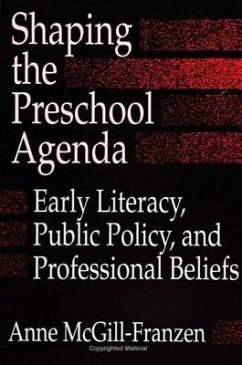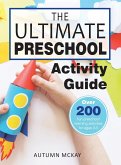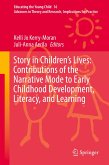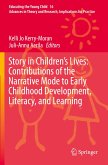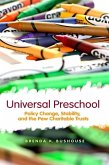Making all children "ready to learn" is the first, and probably the most important, national education goal for the year 2000. What does it mean for children to be "ready to learn?" This book is about the beliefs of the people who are shaping preschool policy. McGill-Franzen tells us what key decision-makers are thinking about preschool education -- what counts as school, who should pay for it, what should be taught, and especially, whether there should be reading and writing programs for four-year-olds. This book also explores the history of these beliefs. The author locates contemporary early childhood concepts about "developmental appropriateness" in the ideas of physicians and psychologists of the 1920s, 1930s, and in even earlier periods of time. She believes that these ideas no longer work within the broader framework of literacy as embedded in the interactions of cultures children know and the lives they live.

